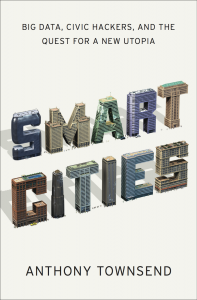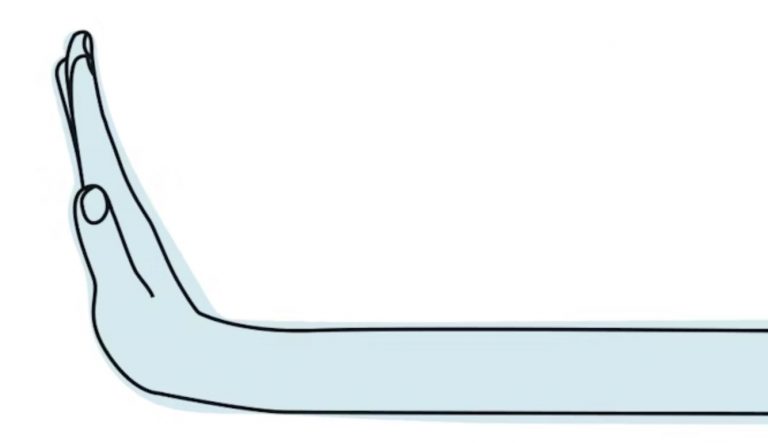[Book] Smart Cities: Big Data, Civic Hackers and the Quest for a New Utopia

Smart Cities: Big Data, Civic Hackers and the Quest for a New Utopia
by Anthony M. Townsend
W. W. Norton & Company
October 2013. 400 pages
[Amazon link]
Abstract
An unflinching look at the aspiring city-builders of our smart, mobile, connected future.
We live in a world defined by urbanization and digital ubiquity, where mobile broadband connections outnumber fixed ones, machines dominate a new “internet of things,” and more people live in cities than in the countryside.
In Smart Cities, urbanist and technology expert Anthony Townsend takes a broad historical look at the forces that have shaped the planning and design of cities and information technologies from the rise of the great industrial cities of the nineteenth century to the present. A century ago, the telegraph and the mechanical tabulator were used to tame cities of millions. Today, cellular networks and cloud computing tie together the complex choreography of mega-regions of tens of millions of people.
In response, cities worldwide are deploying technology to address both the timeless challenges of government and the mounting problems posed by human settlements of previously unimaginable size and complexity. In Chicago, GPS sensors on snow plows feed a real-time “plow tracker” map that everyone can access. In Zaragoza, Spain, a “citizen card” can get you on the free city-wide Wi-Fi network, unlock a bike share, check a book out of the library, and pay for your bus ride home. In New York, a guerrilla group of citizen-scientists installed sensors in local sewers to alert you when stormwater runoff overwhelms the system, dumping waste into local waterways.
As technology barons, entrepreneurs, mayors, and an emerging vanguard of civic hackers are trying to shape this new frontier, Smart Cities considers the motivations, aspirations, and shortcomings of them all while offering a new civics to guide our efforts as we build the future together, one click at a time.
Q. Professor Townsend, a recent favorable review of your new book in The New York Times described you as “the rare technologist who is in the know without being in the tank.†Are you indeed worried that “smart cities†could backfire in some way, compromising privacy, say, rather than helping us address environmental, social, and economic challenges?
A: Absolutely – there are considerable risks going forward. The penultimate chapter of Smart Cities bears the title “Buggy, Brittle and Bugged.†The technological underpinnings of smart cities are extremely complex, yet we are throwing them together at a blistering pace. This is how bugs like Y2K creep in. Design decisions are being made for expedience and cost, not quality and robustness.
Smart cities are also the perfect tool for mass surveillance. As we are finding out in the post-Snowden era, it is actually far worse than even the most paranoid critics feared. All of these risks can be managed, but no one in the smart cities community was really confronting them head on.



